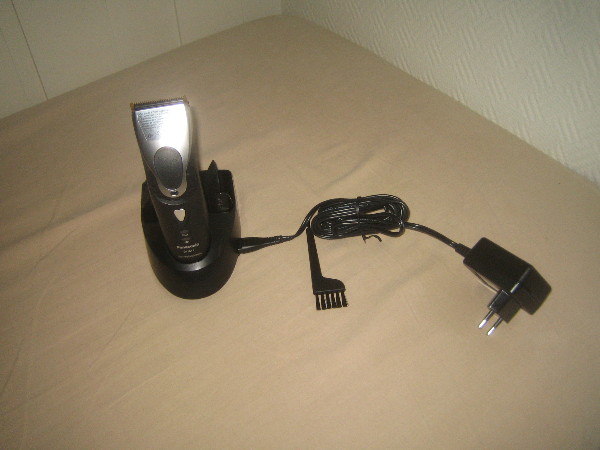+
I normally cut my hair short, and my tool of choice has been a +common hair/beard cutter, bought in a electrical shop here in Norway. +But the last ones have not really been up to the task. My last +cutter, some model from Braun, could only cut a few of my hairs at the +time, and cutting my head took forever. And the one before that did +not work very well either. We have looked for something better for a +while, but it was not until I ended up visiting a hairdresser that we +discovered that there are indeed better tools available. But these +are not marketed and sold to "regular consumers". The hair saloons +can get them through their suppliers, but their suppliers only sell +companies. The models they sell, are very different from the ones +available from Elkjøp and Lefdal. The main difference is their +efficiency. It would cut my hair in 5 minutes, instead of the 30-40 +minutes required by my impotent Braun. The hairdresser I visited had +a Panasonic ER160, which unfortunately is no longer available from the +producer. But I found it had a successor, the Panasonic ER1611.
+ +The next step was to find somewhere to buy it. This was not +straight forward. The list of suppliers I got from the hairdresser +did not want to sell anything to me. But searching for the model on +the web we found a supplier in Norway willing to sell it to us for +around NOK 4000,-. This was a bit much. We kept searching and +finally found a Danish supplier +selling +it for around NOK 1800,-. We ordered one, and it arrived a few +days ago.
+ +The instructions said it had to charge for 8 hours when we started +to use it, so we left it charging over night. Normally it will only +need one hour to charge. The following evening we successfully tested +it, and I can warmly recommend it to anyone looking for a real hair +cutter. The ones we have used until now have been hair cutter +toys.
+ +